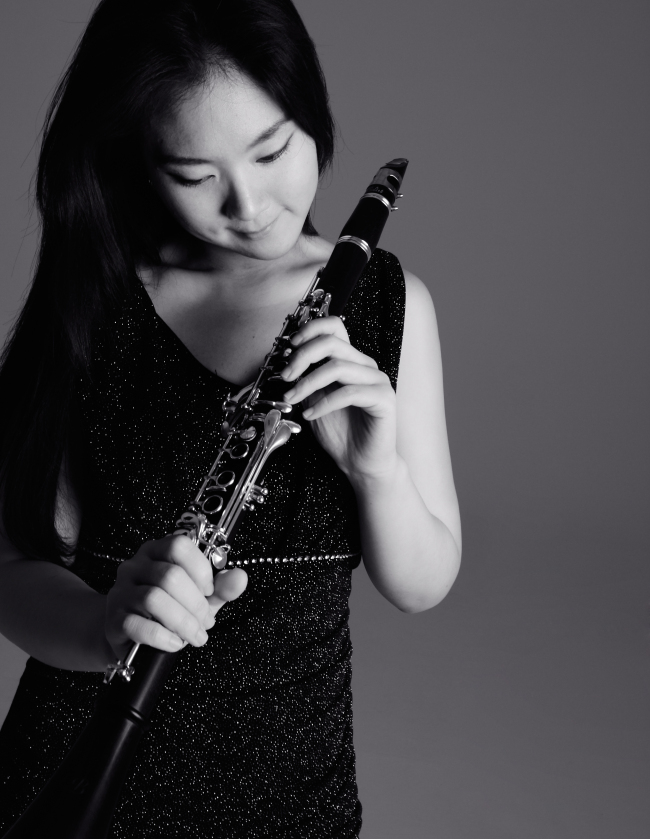For Lee Sae-rom, the lead clarinetist of the Incheon Philharmonic Orchestra, music equals energy.
“My definition of music is that it equals energy,” said Lee, 30, in an interview.
“Playing the clarinet has given me the energy. It can also give the audience ― the listeners ― the energy and the comfort they need.”
This is what the young artist constantly keeps in mind when planning for her recitals or practicing and performing with the Incheon Philharmonic. Music ― whether classical or non-classical ― should not be discriminatory but be accessible for all, she said.
As a child, Lee was exposed to music and various kinds of instruments thanks to her mother, who studied vocal music and was then a high school music teacher.
 |
Lee Sae-rom |
But one day at age 9, she saw a clarinet that was displayed like a decoration at her friend’s house. She knew nothing about the instrument and what kind of sound it could play. At first glance, it looked novel and exotic. She wanted to play it.
“I had a clarinet in my hand on that same day after I came home from my friend’s house, and started playing it when I was 9 years old,” said Lee.
In the beginning, she said she played it out of curiosity, which later turned into a hobby. It then became her passion and her life.
While in high school, Lee moved to Vienna, Austria ― the European city famous for legendary music figures Mozart and Beethoven. She earned her bachelor’s and master’s degrees at the University of Music and Performing Arts Vienna.
The German and Austrian background runs strong in her music. Asked whom she admires most as a musician, she answered 19th-century German composer Johannes Brahms and contemporary German classical clarinetist Sabine Meyer.
It was also during her years in the European country when she discovered the true meaning of music and what it can do for a lot of people, regardless of their age and background, she said.
Whether at recitals, orchestra concerts or even at homes, music has the power to heal and relax people and help them overcome distress and loneliness, she explained.
Lee also likes to experiment with music and computers or theatrical staging technology. “I want to try something new rather than doing something normal,” she said.
Her idea of new includes hopefully bridging the gap between the two Koreas through her performances.
“People will probably laugh when I say this. Ever since I studied music in Europe, I always thought music could someday help children of South and North Korea communicate and bring them closer together after unification,” Lee said.
“It may seem like a far-fetched idea, but it is what I really want to do in the future.”
By Park Hyong-ki (
hkp@heraldcorp.com)








![[Today’s K-pop] Blackpink’s Jennie, Lisa invited to Coachella as solo acts](http://res.heraldm.com/phpwas/restmb_idxmake.php?idx=644&simg=/content/image/2024/11/21/20241121050099_0.jpg)